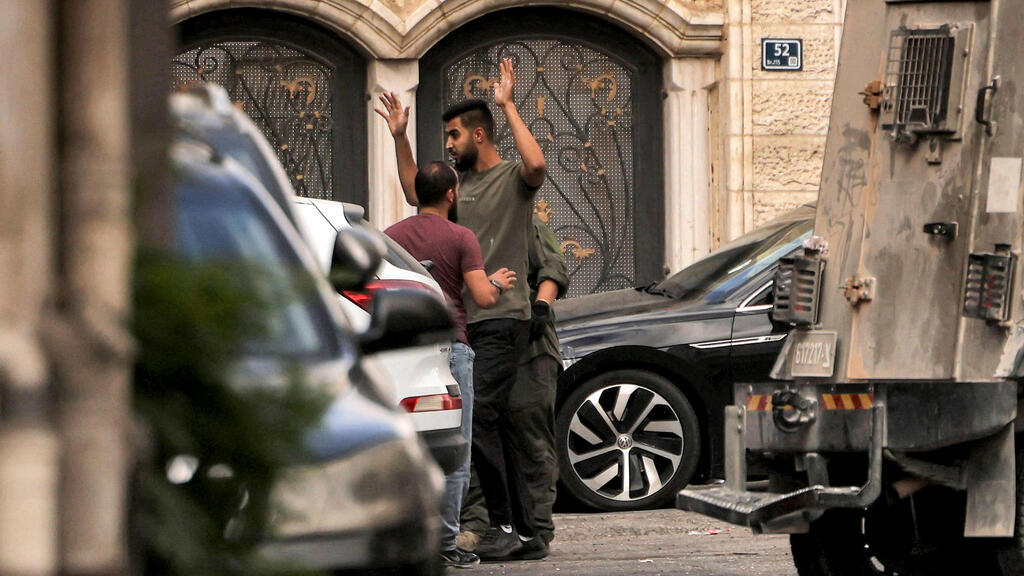By now, it’s clear that any analysis of the Arab-Israeli conflict demands more than just a surface-level look at the usual suspects—land disputes, political disagreements, or even resource competition. What we have here is a Gordian knot of history, religion, and politics that refuses to be neatly untied by traditional diplomatic tools.
But what if we look at this conflict through the lenses of two intellectual giants: Émile Durkheim and Voltaire? Each offers a different perspective on whether religion or politics came first, and each view casts the Middle East conflict in a different light.
Émile Durkheim, the father of modern sociology, would argue that religion is the bedrock upon which societies are built. In the context of the Middle East, and particularly the Israeli-Palestinian conflict, Durkheim’s view seems to resonate deeply. Religion here is more than just faith—it’s identity, culture, and even a form of governance. Whether it’s the Jewish connection to the land of Israel, rooted in biblical narratives, or the Islamic significance of Jerusalem to Palestinians, religion is the glue that holds these societies together. But as Durkheim might caution, what holds us together can also tear us apart.
For Palestinians, Islam is not merely a belief system but a way of life that shapes their identity and their claims to the land
In Israel, the idea of a "Jewish state" is not just a political project but a religious one, fortified by millennia of history. The same can be said for Palestinians, for whom Islam is not merely a belief system but a way of life that shapes their identity and their claims to the land. According to Durkheim, these collective consciences are the very foundation of their respective societies, and because they are so deeply rooted in religion, any conflict involving these identities becomes almost existential.
This is why the Arab-Israeli conflict is so intractable. It’s not just about borders or governance—it’s about the sacred. When every square inch of land is imbued with religious significance, compromises are seen as betrayals. Durkheim’s perspective helps explain why efforts to broker peace that do not take into account these deeply held religious identities often fail. They’re not just negotiating over land; they’re negotiating over the core of what it means to be Israeli or Palestinian.
Enter Voltaire, the Enlightenment thinker who would likely scoff at the idea of religion driving the conflict. For Voltaire, religion is a man-made construct, often used as a tool by those in power to manipulate the masses. He would argue that the Middle East’s woes are less about ancient religious disputes and more about how these religious narratives are wielded by leaders to maintain control and perpetuate conflict.
Voltaire might say, "Take away the religious rhetoric, and what you’re left with is a political conflict that, at its core, is about land, resources, and power." From this perspective, the conflict could be resolved through rational, secular dialogue focused on political and economic realities. Secularism, in Voltaire’s view, would strip away the layers of religious justification that make the conflict so bitter and replace them with negotiations based on mutual benefit and coexistence.
But as appealing as this secular solution might sound, it falls short when we consider the reality on the ground. In a region where religion is not just a private belief but a public, collective identity, removing religion from the equation is easier said than done. Voltaire’s vision of a secular Middle East is far removed from the deeply religious societies that exist today.
There is a need for pragmatic solutions that address the political and economic dimensions of the conflict
So, which worldview holds up in the face of the realities we see in the Middle East? The answer, frustratingly, seems to be a little bit of both—but with a stronger tilt towards Durkheim. The conflict is not just political; it’s deeply religious, and any solution must address these religious identities head-on. But this doesn’t mean Voltaire’s call for secular reason is entirely out of place. There is a need for pragmatic solutions that address the political and economic dimensions of the conflict. However, these solutions must be developed with a keen awareness of the religious context in which they are being applied.
If we are to make any headway in resolving the Arab-Israeli conflict, we must acknowledge that religion and politics in the Middle East are inseparably intertwined. Durkheim reminds us that these collective religious identities are not going anywhere, and any peace process must respect them. On the other hand, Voltaire challenges us to rise above the manipulation of religious sentiment and seek solutions that benefit all parties involved.
 Prof. Ilan Alon Photo: Courtesy
Prof. Ilan Alon Photo: CourtesyUltimately, the Middle East may need both Durkheim and Voltaire—a recognition of the power of religious identity and a commitment to secular governance that ensures freedom, justice, and equality for all. Only by embracing this dual approach can we hope to move closer to lasting peace in one of the most conflict-ridden regions on earth.
- The writer is Dean of the School of Economics at the College of Management




